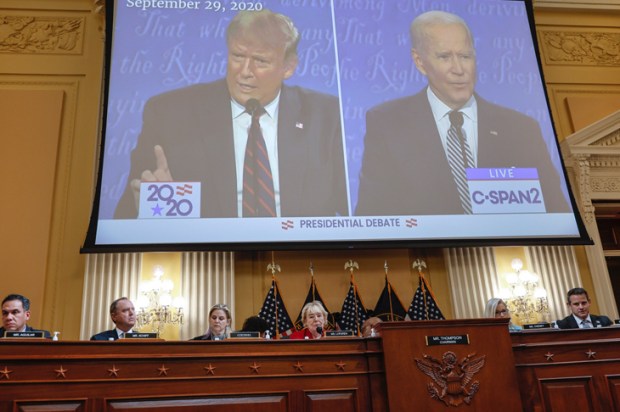Donald Trump is running again for president in 2024. He’s likely but not certain to win the primaries and the situation should clarify by mid-2023. If he is the nominee, he’s likely to lose, although much will depend on how events unfold. His entry could diminish the prospects of whoever the nominee is from the primary mudslinging that inflicts grievous wounds on all candidates.
Already a subscriber? Log in
Subscribe for just $2 a week
Try a month of The Spectator Australia absolutely free and without commitment. Not only that but – if you choose to continue – you’ll pay just $2 a week for your first year.
- Unlimited access to spectator.com.au and app
- The weekly edition on the Spectator Australia app
- Spectator podcasts and newsletters
- Full access to spectator.co.uk
Or
Unlock this article
You might disagree with half of it, but you’ll enjoy reading all of it. Try your first month for free, then just $2 a week for the remainder of your first year.














Comments
Don't miss out
Join the conversation with other Spectator Australia readers. Subscribe to leave a comment.
SUBSCRIBEAlready a subscriber? Log in